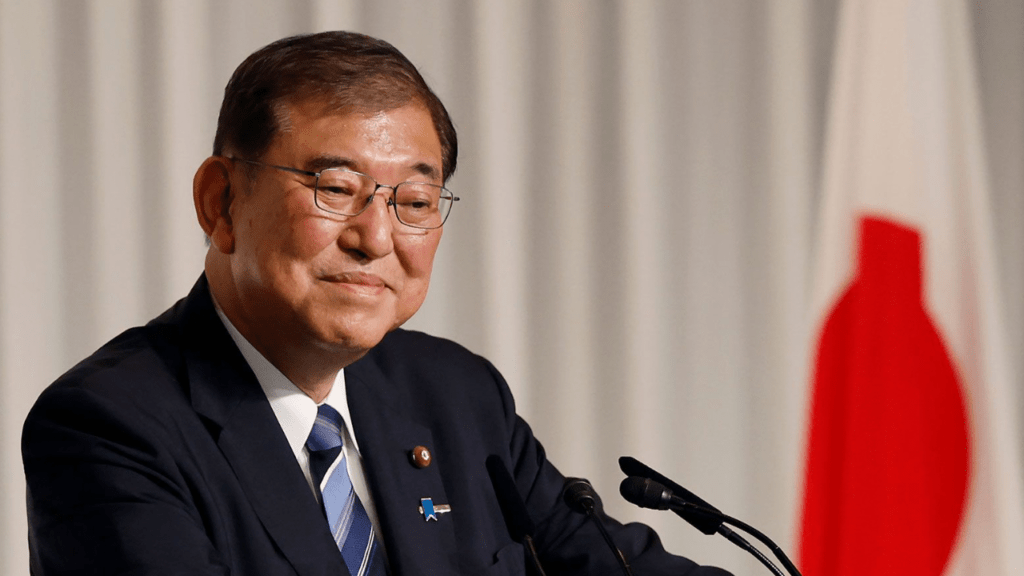Japanese Prime Minister Shigeru Ishiba is en route to the G7 Summit in Kananaskis, Canada, with a pivotal agenda: to negotiate with U.S. President Donald Trump over impending tariffs that could significantly impact Japan’s economy.

Tariffs looming over key industries
The U.S. has announced a 24% tariff on Japanese automobile imports, set to take effect in July, alongside existing 25% tariffs on steel and aluminum. These measures threaten Japan’s export-driven economy, particularly its automotive sector, which accounts for a substantial portion of its trade with the U.S.
Economic stakes high
In 2024, the U.S. imported $148.2 billion worth of goods from Japan, while exporting $79.7 billion to Japan, resulting in a trade deficit of $68.5 billion. Japan’s trade surplus with the U.S. reached a record $63 billion, intensifying the urgency for a resolution.
Diplomatic efforts intensify
Ahead of the summit, Japan’s chief trade negotiator, Ryosei Akazawa, engaged in multiple discussions with U.S. officials, including Treasury Secretary Scott Bessent and Commerce Secretary Howard Lutnick. While details remain confidential, Akazawa described the talks as “very in-depth,” focusing on finding mutually beneficial solutions.
Political implications for Ishiba
Domestically, Ishiba faces mounting pressure to secure favorable trade terms. The tariffs pose a significant threat to Japan’s economy, with economists warning of a potential 0.9% reduction in GDP. As the country approaches upper house elections, Ishiba’s ability to navigate these negotiations could influence his political standing.
Broader G7 agenda
Beyond bilateral talks, Ishiba plans to meet with other world leaders, including South Korean President Lee Jae-myung and Ukrainian President Volodymyr Zelenskyy, marking his first in-person discussions with these counterparts. The G7 Summit will also address global security, climate change, and economic resilience.
As the summit unfolds, the international community watches closely, recognizing that the outcomes of these negotiations could reshape economic dynamics and influence global trade policies.